Julie Herrada
Posts by Julie Herrada
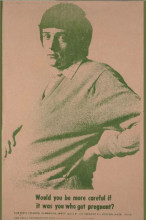
Join the Special Collections Research Center in Hatcher next Tuesday (8 November) at 4 pm for our third After Hours open house of the term exploring Labadie Collection materials on women's reproductive rights.
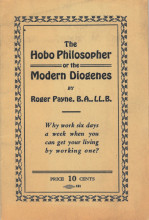
Before punks, hippies, and beatniks there were hobohemians. Born in reaction to an increasingly urban and industrial American society, these radicals combined a working class consciousness with a rejection of rampant materialism to create a bulwark against a rising tide of greed and exploitation. The Hobohemia Collection gives a glimpse into this subculture through the writings and artifacts of two prominent hobohemians, Jack Sheridan (1905-1967) and Slim Brundage (1903-1990).
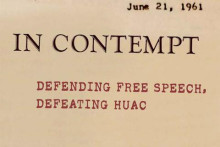
Join the Special Collections Research Center next Tuesday (8 February) at 4 pm EST for our next After Hours virtual open house of the term celebrating the launch of Ed Yellin and Jean Fagan Yellin’s book, In Contempt: Defending Free Speech, Defeating HUAC. In writing this book, the authors drew heavily upon materials that are now part of the Labadie Collection.

Join the Special Collections Research Center next Tuesday (14 December) at 4 pm EST for our final After Hours virtual open house of the term exploring materials from the Joseph A. Labadie Collection relating to prison abolition, prisoner support, and political prisoners.
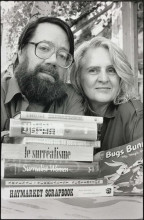
The Labadie Collection’s Franklin and Penelope Rosemont Papers document their commitment to living out their surrealist ideals through notebooks, exhibition notes, photographs, unpublished manuscripts, and three extensive series of correspondence that include texts and original artwork from many individuals and groups.
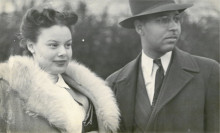
We are very excited to announce that the Labadie Collection has acquired the Thompson Family Papers, a collection that offers a window into the lives and political activities of Detroit’s black professionals from the mid 1920s to the late 1960s.
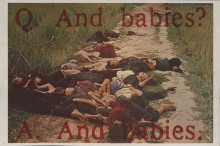
Fifty years ago, on March 16, 1968, in the Vietnamese village of My Lai in Quảng Ngãi Province, American soldiers, led by Lt. William Calley, summarily executed over 500 men, women, children, and babies at point blank range.
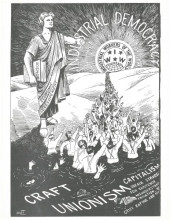
Preserving the history of labor movements has been core to the Labadie Collection’s mission since its very beginnings more than a century ago. In 2016, two important collections on 20th century labor organizing have been arranged to better facilitate research. The Joyce Kornbluh Collection (3.25 linear ft.) and the Don Stewart IWW Collection (3 linear ft.) conserve evidence of the regular confrontations between workers, corporations, and government throughout the past hundred years.
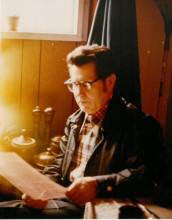
An unforgettable figure of the anarchist and syndicalist communities, Federico Arcos (1920-2015) was known for his generosity and the unabating commitment with which he pursued his ideals. Friends of the Labadie Collection remember Arcos as a long-time benefactor and collector. Federico and his wife Pura curated in their home in Windsor, Canada, an important library of anarchist books, newspapers, and archives that never failed to impress their many guests. In addition to the many items he endowed the Labadie Collection with, Arcos bequeathed his personal papers, now inventoried.
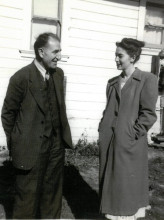
As the only grandchild of Jo and Sophie Labadie, Carlotta Anderson was fascinated by her family's history. She wrote an authoritative biography of her grandfather, researched anarchism, labor unions and Detroit history before the auto industry, and preserved original family documents dating back to the nineteenth century. Anderson was a dear friend of the Labadie Collection and, shortly before her death she donated important papers that are now open for research.